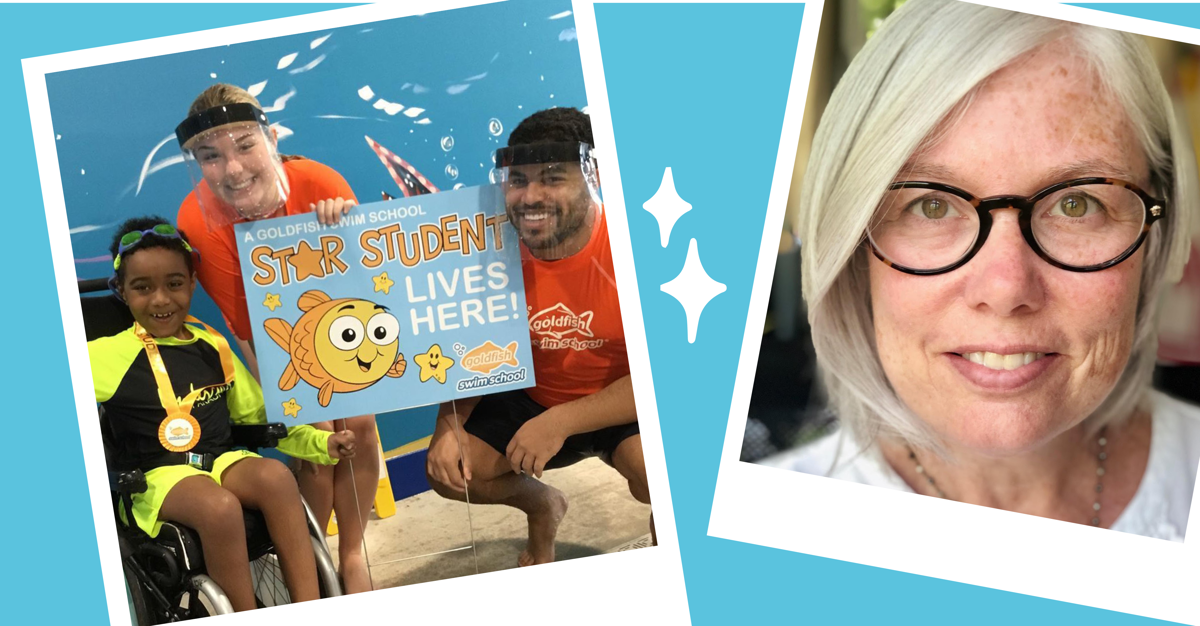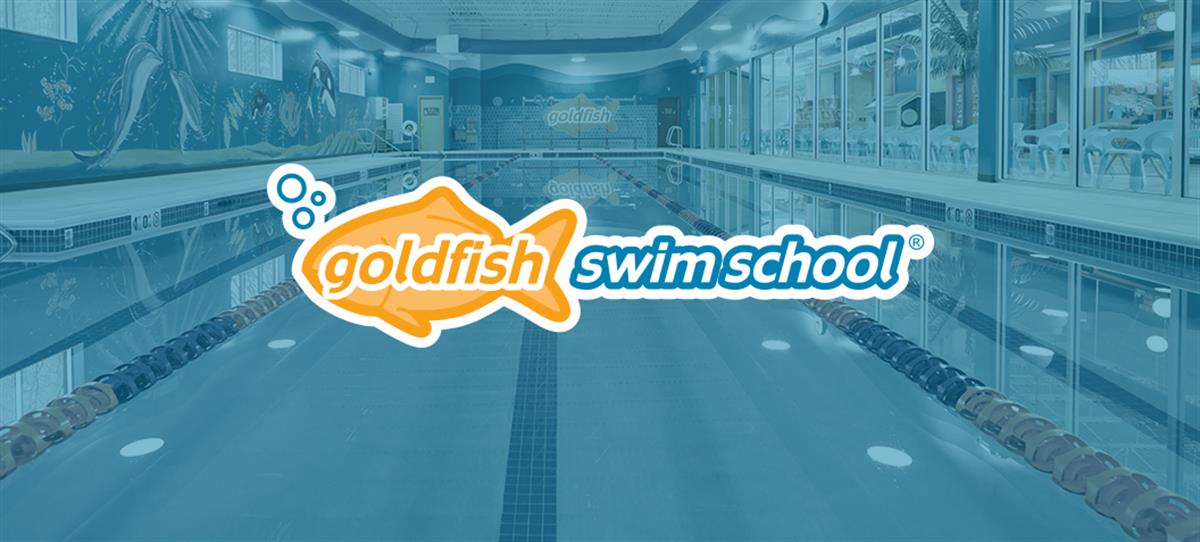Dr. Molly Discusses How swim lessons Benefit Children of All Ages & Abilities

Today, board-certified pediatrician Dr. Molly O’Shea of Birmingham Pediatrics + Wellness Center & Campground Pediatrics + Wellness Center discusses how swim lessons can benefit children of all ages, stages and abilities.
With fewer activities available for children this year, and virtual and hybrid school keeping kids tied to their screens, swimming can offer a welcomed change of pace for families who are looking for ways to keep their kids active during the winter.
Children of all ages and stages in life can learn to swim and really love it!
Some children, though, are at a higher risk of drowning than others. Children with autism, children in minority groups and children with seizure disorders are much more likely to drown than their peers, making learning to swim an essential skill for them.
Autistic children are at particularly high risk of drowning due to their impulsive nature and tendency to run off even when parents are nearby. Statistics show that over half of the drowning deaths among autistic children occurred while their parent was within 25 yards of them.
Parents of children with special needs (like Autism, Down Syndrome, seizure disorders, and the like) have a variety of concerns when it comes to their children. Most parents, of course, want their children to experience the same things all children do: going to school, playing on the playground, and even participating in recreational activities like sports.
Swimming is one of the best activities for these kids. Not only is it fun, it also encourages muscle strength, coordination and problem solving skills. Beyond these water safety skills, though, swimming is fun! And, swimming helps improve core strength, coordination and gives a sense of mastery: all in a fun, relaxed, environment.
Learning to swim in a class with both neurotypical children and children with special needs is valuable for both groups. Neurotypical children who may not understand what its like to be differently abled, will develop empathy as they learn how to coach and support their peers along the way. Children who have different needs than their peers, will see first-hand that all children need a little practice and support when learning new skills. After all, no one gets it perfect the first time!
Learning in a blended environment is a benefit to everyone. Sometimes, though, children with special needs will require a separate environment for learning because of their unique perspectives. But whenever possible a blended environment is best.
Children with seizure disorders, Autism, and developmental delays, such as speech or motor delays, all benefit from learning to swim. Important drowning prevention skills can be taught as young as one year of age. And, of course, the fun of swimming can begin even earlier!
Thanks to Dr. Molly for sharing this important message! Be sure to talk to your pediatrician about signing your child up for swim lessons, and what you can do to keep your family safer in and around the water.
At Goldfish Swim School, we teach kids of ALL abilities, from 4 months (infant swim classes) to 12 years old (year round swim team)! Every instructor at Goldfish Swim School is highly trained and uses integrity, compassion, and trust, as well as The Science of SwimPlay® (our unique approach to learning through guided play) to help children develop a healthy love and respect for the water, while learning life-saving skills. Have questions about our approach to teaching kids how to swim? Find a location near you, and give us a call today!
Dr Molly OShea is a board-certified pediatrician and owner of Birmingham Pediatrics + Wellness Center in Bloomfield Hills, MI and Campground Pediatrics + Wellness Center in Washington Township, MI. Dr Molly has been in practice for over 25 years and has served at the state and national levels for the American Academy of Pediatrics. She was the Ask the Pediatrician columnist for the Detroit News for many years and was a journal editor as well. Dr Molly is a lifelong swimmer, former triathlete, wife and mother.


